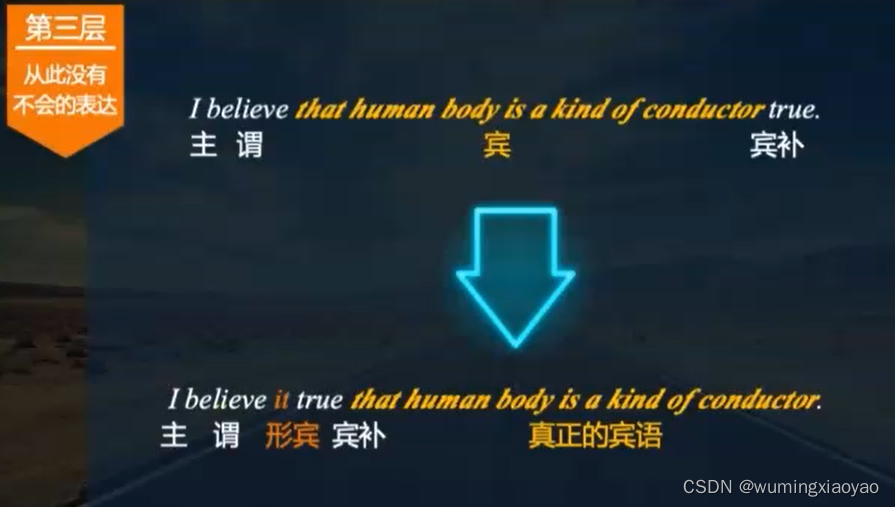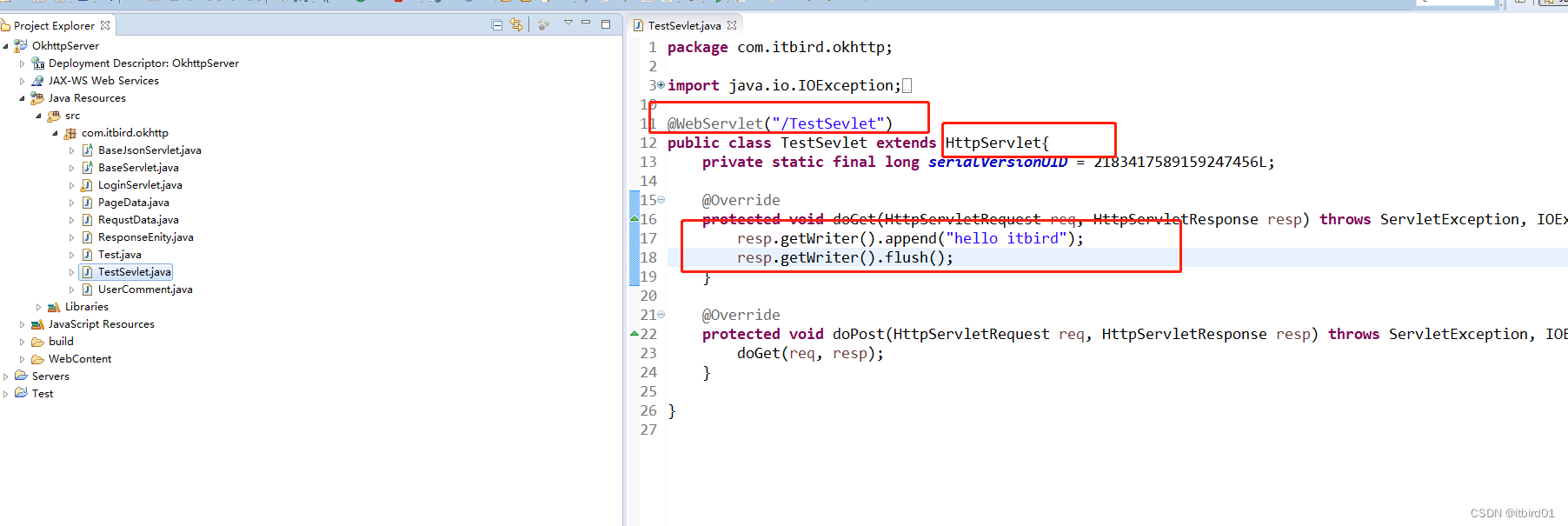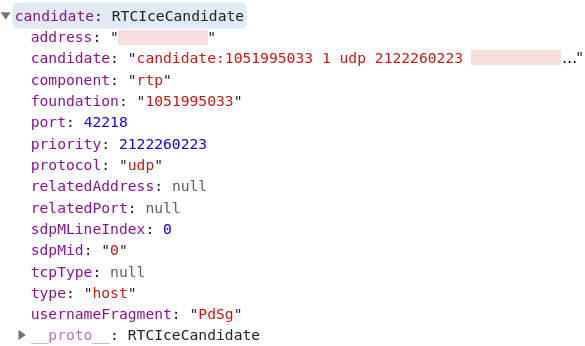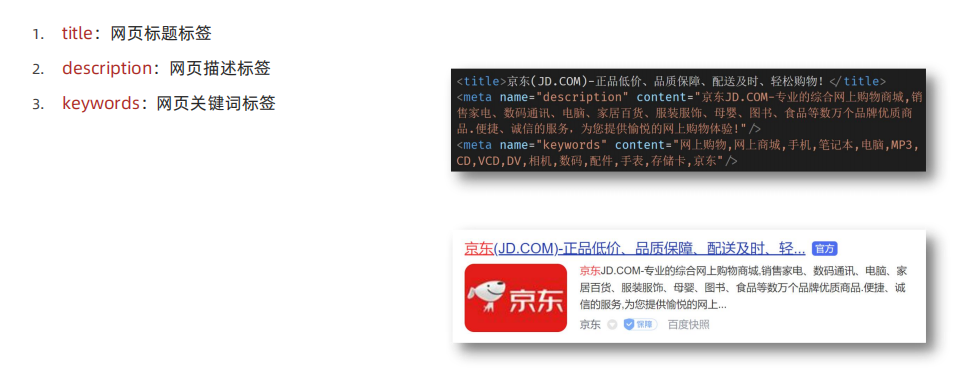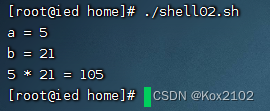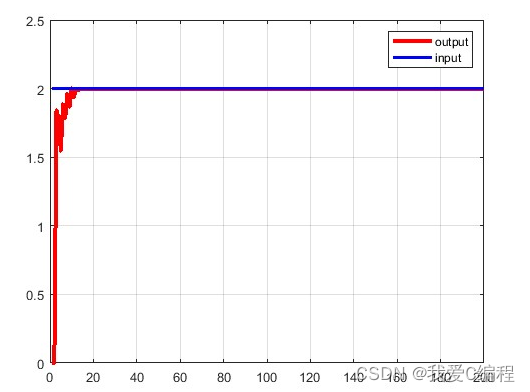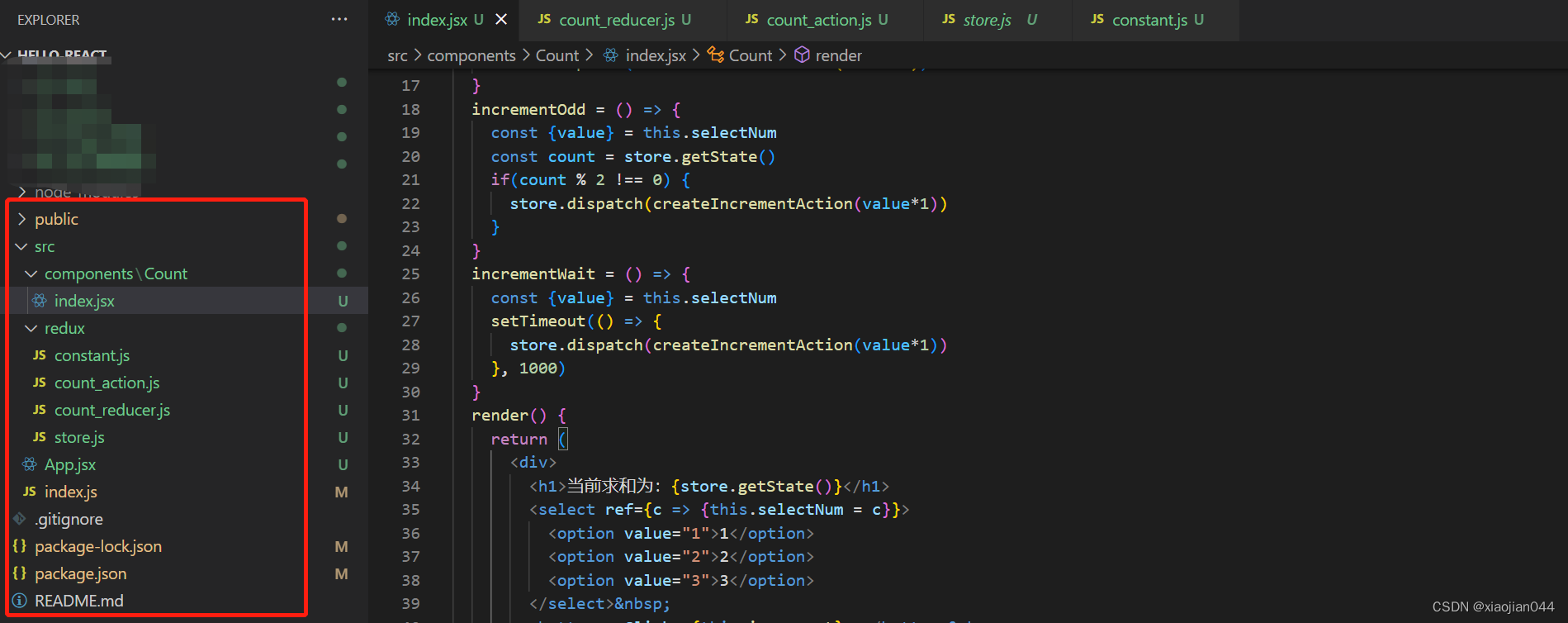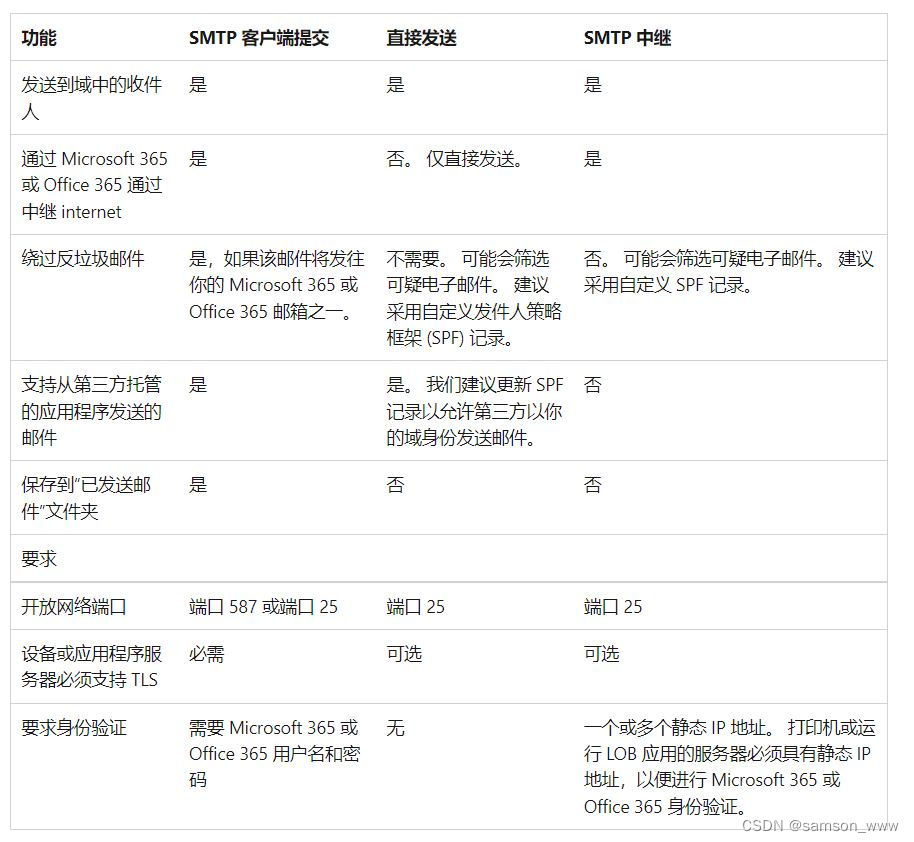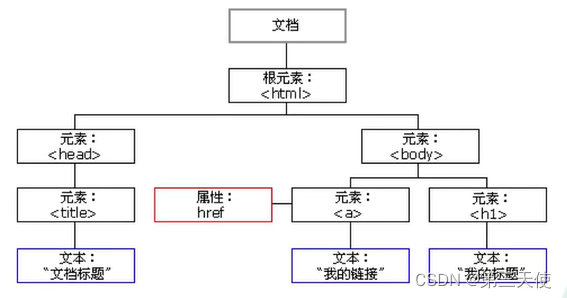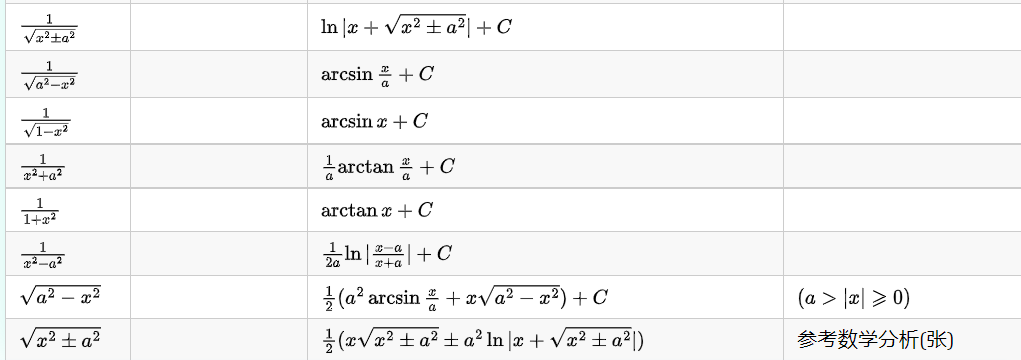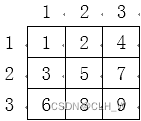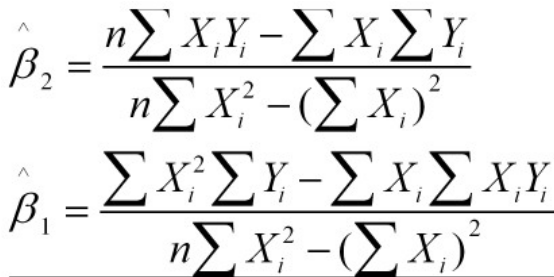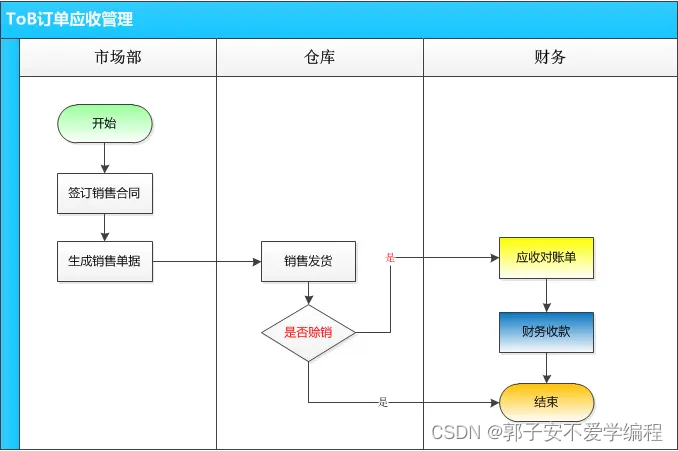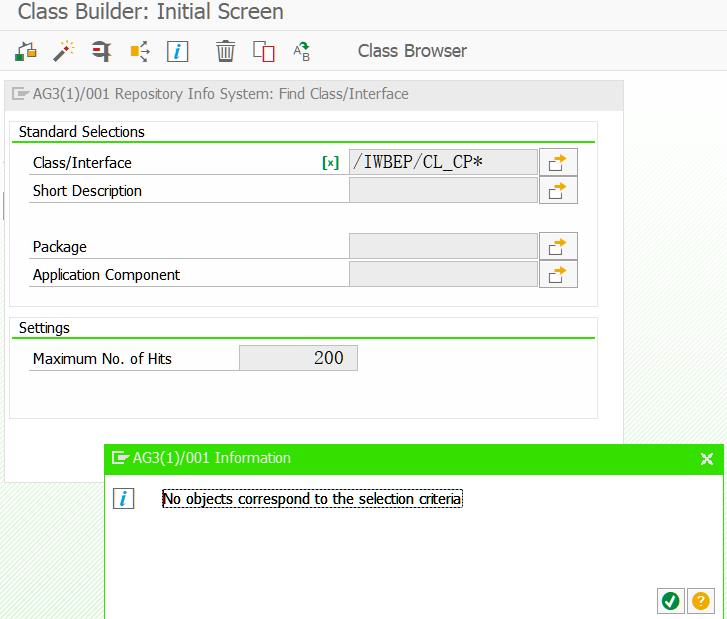English Learning - L1-3 从此没有不会的表达(上) 2022.12.12 周一
- 4 名词性从句
- 名词性从句的类型
- 4.1 各种从句的变身
- 4.1.1 陈述句的变身
- 一个严肃的问题:为什么要加 that ?
- 那什么情况下,that 是可以省略的?
- 特殊动词
- 4.1.2 一般疑问句
- if 还是 whether
- 4.1.3 特殊疑问句
- 4.1.4 疑问语序变为陈述语序
- 4.2 主语从句后置
- 4.3 常见主语从句句型
- It is + 过去分词 + that 从句
- It is + 形容词 + that 从句
- It + 名词 / 名词短语 + that 从句
- It + 不及物动词/不及物动词短语 + that 从句
- 其它结构
- 4.4 宾语从句后置
4 名词性从句
掀起你的盖头来:陈述句,疑问句的四种新身份
名词充当的成分:
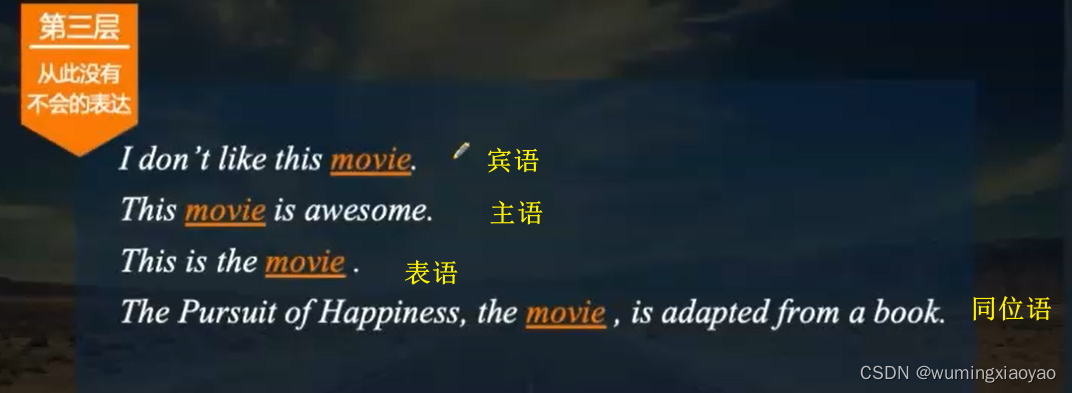
名词性从句的类型
从句当名词来用,但是它本身还是一个句子
句子当主语------主语从句
句子当宾语------宾语从句
句子当表语------表语从句
句子当同位语—同位语从句
经总结,相当于名词作用的三个句子有三类:
- 陈述句:(e.g. I am/this is…)
- 一般疑问问:(e.g. are you/do you?..)
- 特殊疑问句:(e.g. when/what/why…)
| 名词从句引导词 | 对应句子类型 | 引导词是否作成分 | 引导词是否可以省略 |
|---|---|---|---|
| that | 陈述句 | that 不作成分,无意义 | 不影响句意情况下,宾语从句中的可以省略 |
| whether, if | 一般疑问句 | 不作成分,但有 “是否” 之意 | 不可以 |
| 链接副词 / 疑问副词 when,where,why,how; 链接代词 / 疑问代词 who,whom,what,which,whose | 特殊疑问句 | when,where,why,how 作状语; who,whom,what,which 作主,宾,表; which,what,whose 作定语 | 不可以 |
4.1 各种从句的变身
4.1.1 陈述句的变身
陈述句:English is important
作主句,是主语从句:
That English is important is a fact
作宾语,是宾语从句:
I don’t know that English is important
作表语,是表语从句:
The fact is that English is important
同位语从句:
The fact that English is important is true
一个严肃的问题:为什么要加 that ?
在没有连词的情况下,一句话中有且只能有一个核心动作,也就是谓语
that 相当于一个公示牌,提醒你它后面的是要作为本句中一个部分是从句
例如:
I know you are a doctor
我们来解析句子,I know you 和 you are a doctor 都是可以的,容易混淆。
I know that you are a doctor,that 就是一个隔板,引导的从句充当本句中的一个成分,消除歧义。
当然非正式场合,可以用口语停顿 I know || you are a doctor 来消除歧义也是可以的,正式地需要加上隔板 that。
那什么情况下,that 是可以省略的?
不产生歧义,不构成动宾关系就可以省略。
例如:
Tell me you love me
me 和 you 都是代词,不构成动宾关系,就可以省略等同于严谨版的 Tell me that you love me
特殊动词
这下面这些动词后面都可以 + Sth 构成动宾关系,容易引起歧义,所以需要加 that 当隔板
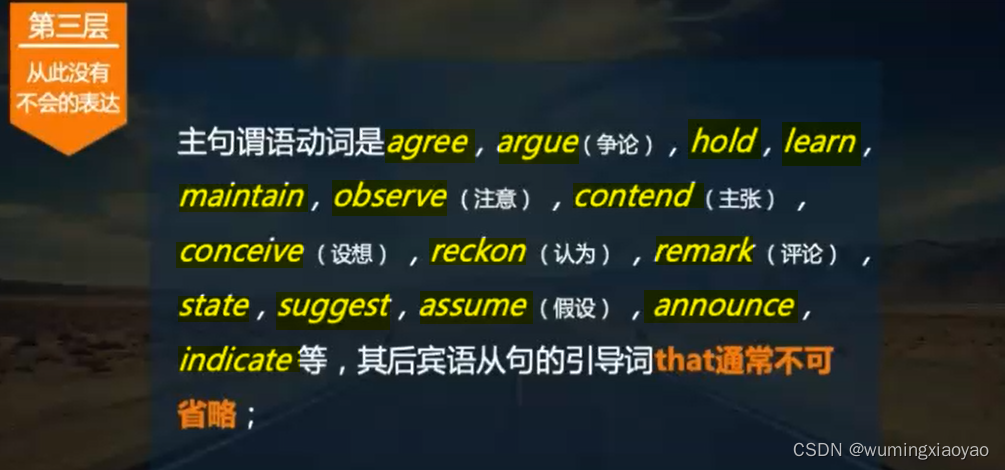
下面这些动词后面都是接一些完整的信息但愿,所以可以省 that
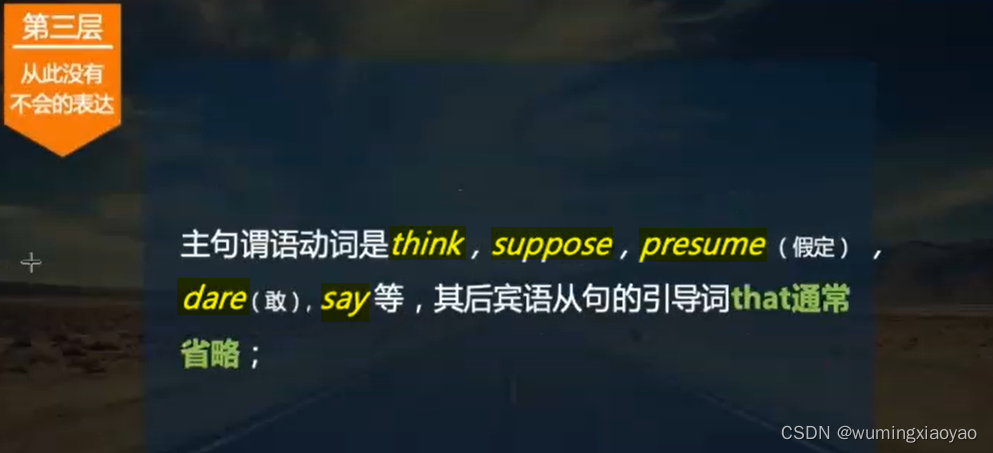
4.1.2 一般疑问句
疑问句:
Do you know the answer?
作主句,是主语从句:
Whether you know the answer is not important
作宾语,是宾语从句:
I am not sure if / Whether you know the answer
作表语,是表语从句:
My concern is Whether you know the answer
同位语从句:
The fact Whether you know the answer is my concern
if 还是 whether
语境上细微上的区别,if 有 “如果”,whether 有 “是否”
if 通常引导宾语从句,whether 通用
4.1.3 特殊疑问句
特殊疑问句:
When will the parade start?
作主句,是主语从句:
When will the parade start is unknow
作宾语,是宾语从句:
I don’t know When will the parade start
作表语,是表语从句:
The problem is When will the parade start
同位语从句:
I have no idea When will the parade start
4.1.4 疑问语序变为陈述语序
当疑问句转化成从句的时候,为啥要变成陈述语序。
When did you go? 有独立的谓词 go, 所以用助动词 did 导出疑问
It is unknow.
将上面 2 个句子合并。
When did you go is unknow. 助动词 did 要删除,When did you go 只是做为合并句中的一个成分,没法保持原先的配置了。
例如:
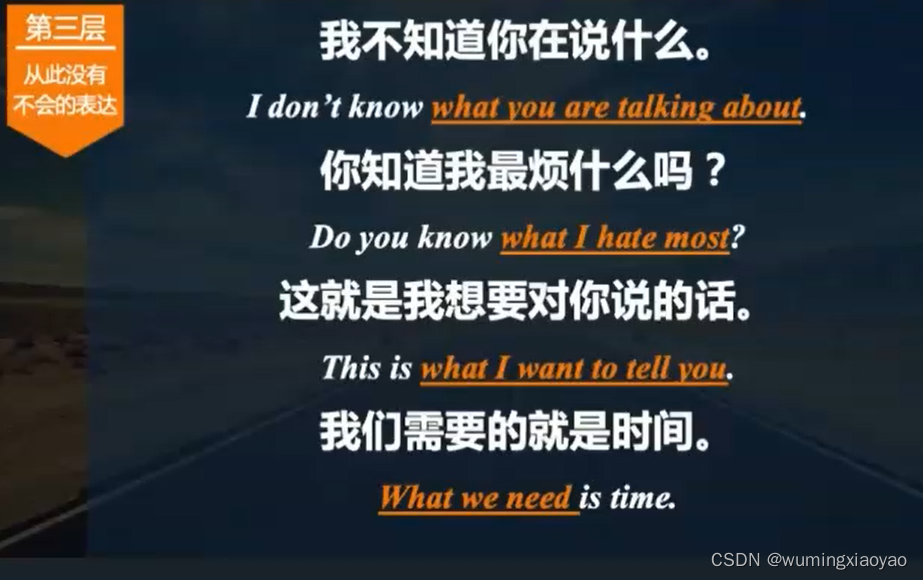
Do you know what I mean?
你知道我的意思吗?
Do you know what you’ve done?
你知道你到底做了什么?
Do you have any idea what it was like?
你知道那是什么感觉么?
4.2 主语从句后置
定义:that + 陈述句作主句通常后置
例如:
That Jim doesn’s understand English is obvious.(主语有点长,头重脚轻)
变型:由 it 作傀儡(形式主语),真正的主语垂帘听政(甩到后面)
It is obvious that Jim doesn’s understand English
英语表达的原则:
- 有个线性原则:从左---->到右,重要要信息靠左边
- 尾重原则:头小尾重
4.3 常见主语从句句型
It is + 过去分词 + that 从句
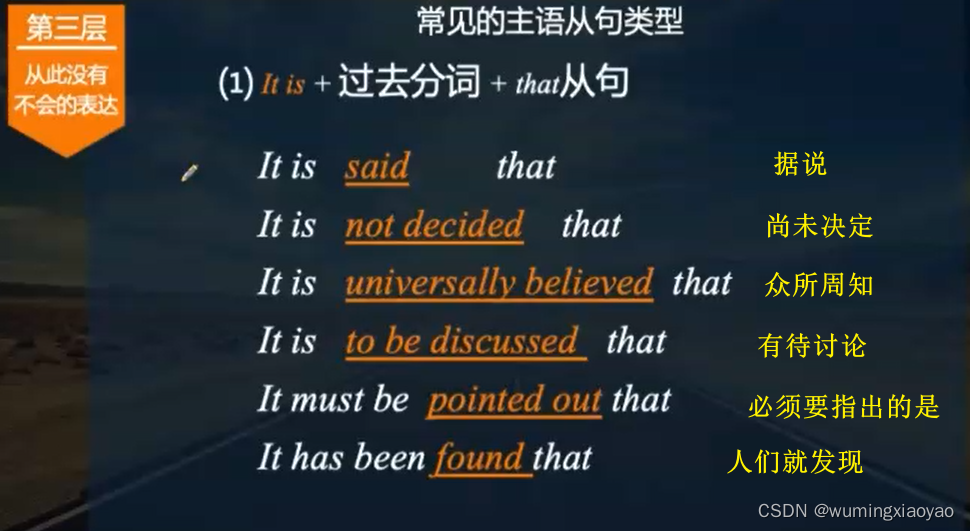
例如:
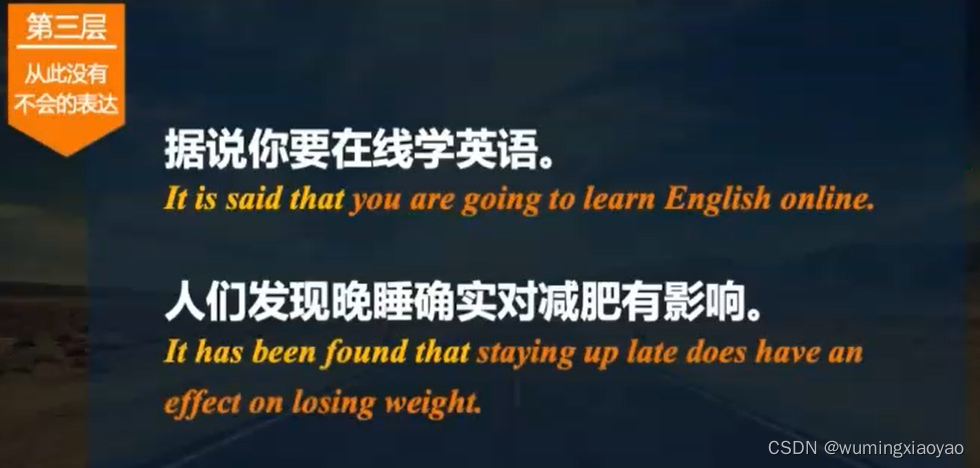
It is + 形容词 + that 从句
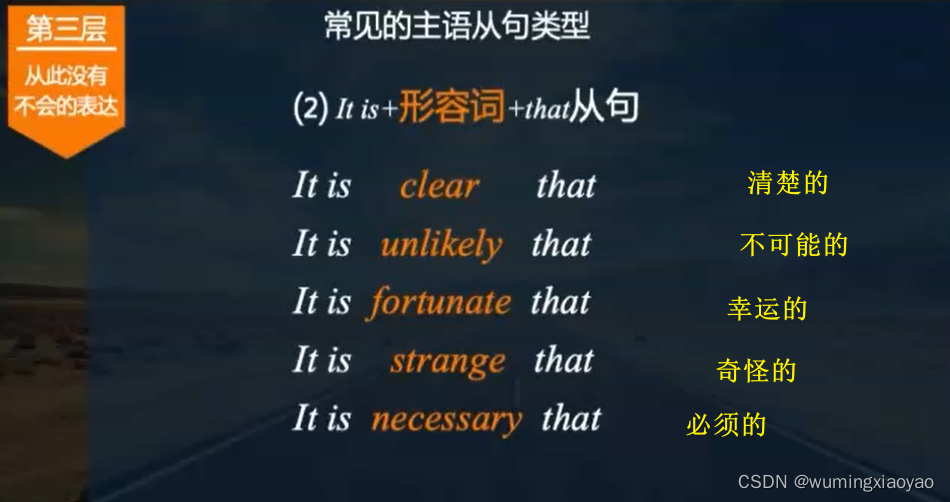
例如:

It + 名词 / 名词短语 + that 从句
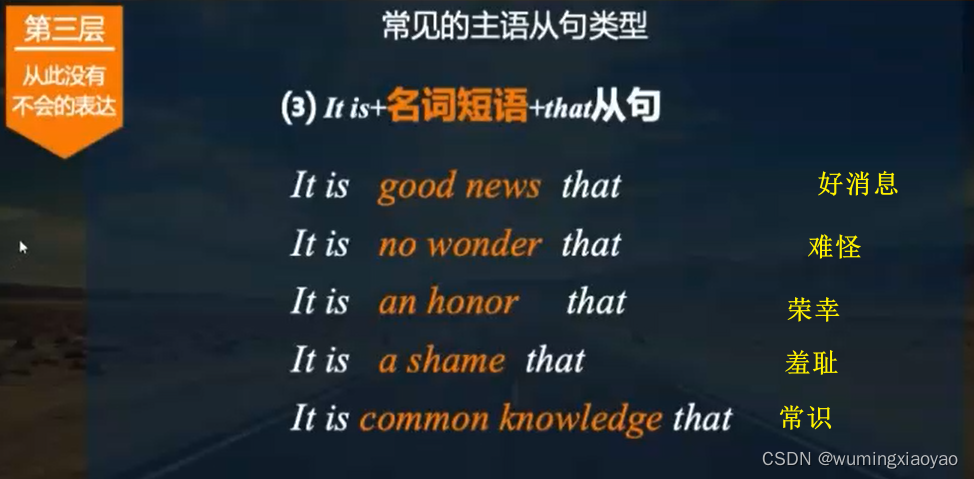
例如:
It is common knowledge that a flash of lightning is seen before a clap of thunder is heard.
听到一阵雷声之前会看到一道闪电,这是尝试。
It + 不及物动词/不及物动词短语 + that 从句
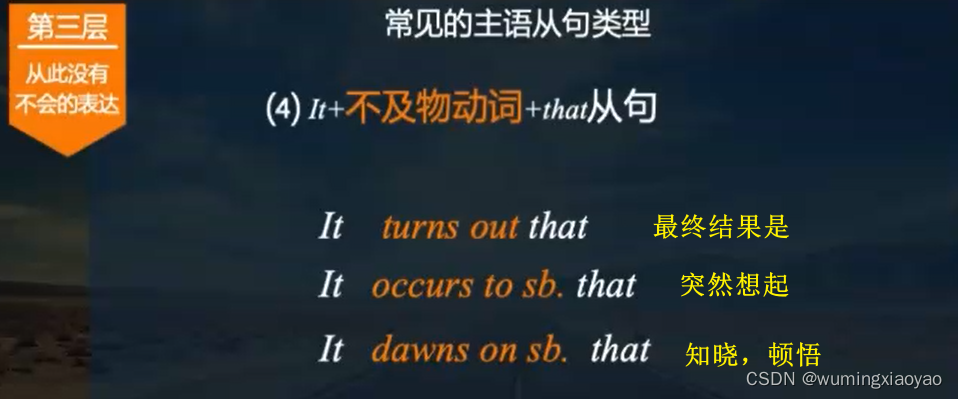
例如:
When I decided to learn English, it never occured to me that I might become an English teacher.
当我学习英语时,我从未想到我会成为一名英语老师。
It dawned on me that something had happened to my sisteer.
我突然意识到我妹妹出事了
其它结构

例如:
It doesn’t matter what you wear, as long as you look neat and tidy.
你穿什么无所谓,只要你看上去整洁干净。
4.4 宾语从句后置
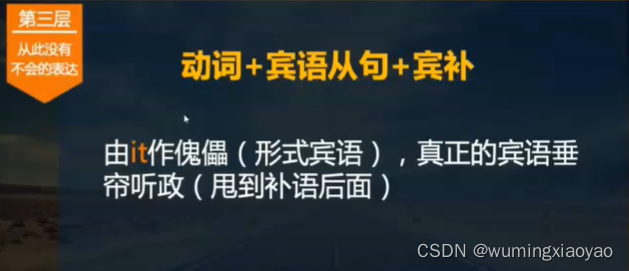
例如:
